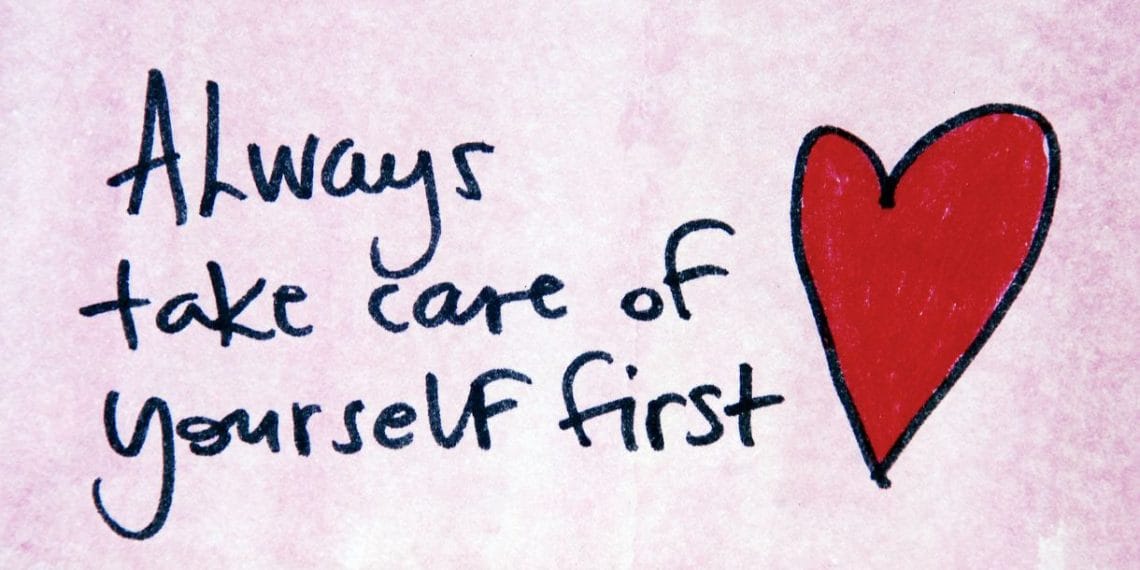For a long time, my life wasn’t really my own. It revolved around others—what they might think, how they might feel, and what would make them happy.
I convinced myself that if I could just become who they wanted me to be, I’d finally earn their love and approval.
But inside, I felt trapped. The person I was deep down didn’t match the image I was desperately trying to project. Being vulnerable or just being myself felt like it wasn’t enough.
When I look back, I see how my childhood played a big role in this. I grew up in an environment where speaking up wasn’t encouraged.
Showing emotions like sadness, confusion, or anger just wasn’t the norm. So, I ended up hiding behind a smile, laughing things off, and pretending to be “strong” or unbothered.
As I grew older, the gap between who I was and who I was trying to be became more obvious. My constant focus on making others happy and seeking their approval meant I was losing touch with my true self.
I felt like I was drifting further from who I was meant to be.
There came a moment when I asked myself, “What am I doing?” I realised I had a choice: put myself first or continue spiralling further away from my true self.
I started reflecting on the people and situations around me and wondered if I should have stood up for the real me more often.
It took me years to see the cycle I was stuck in. I wanted to embrace the real me—the goofy, sarcastic, imperfect, but perfectly acceptable version of myself. The one I could genuinely be happy with.
Lesson learned: I owe it to myself to take better care of myself first before trying to take care of others.
It’s not just about feeling okay; it’s about being true to who I am and nurturing my well-being in a way that feels right for me. I’m learning to put my needs first, be honest about my feelings, and accept my imperfections.
In doing so, I’ve finally found a sense of peace and acceptance that had been missing for so long.
Mental Matters is a resource and information platform. We do not provide medical advice, diagnosis, or treatment. While the information on our website is for general awareness and support, it should not replace professional advice. For any mental health concerns, please consult a qualified healthcare or mental health professional.
A Happy Place Child Teenager and Family counselor Die Wilgers
Lauren Brown Podiatrist Midrand
A Happy Place Counsellor Pretoria


